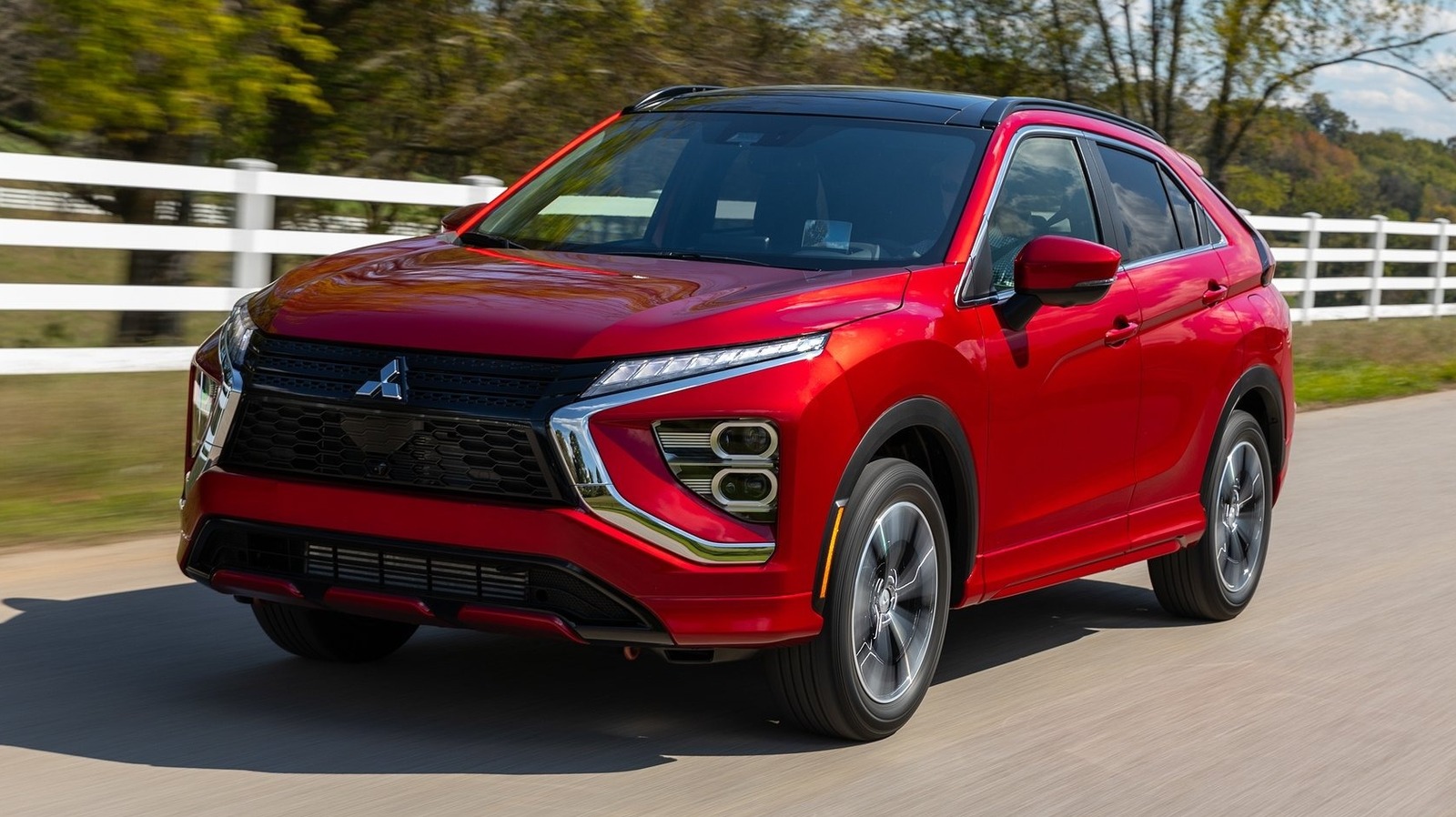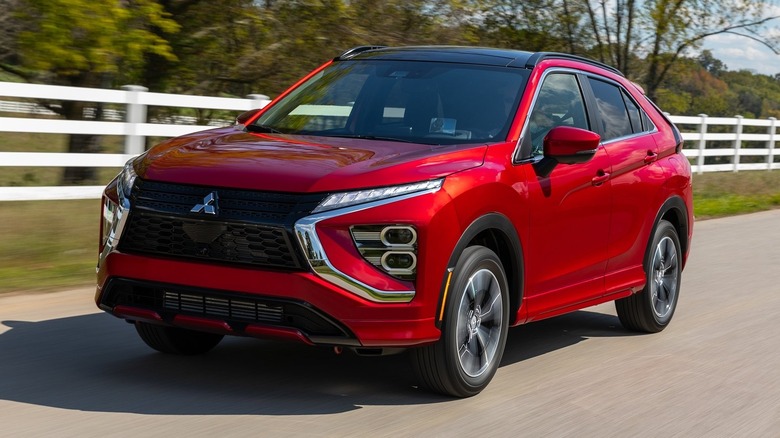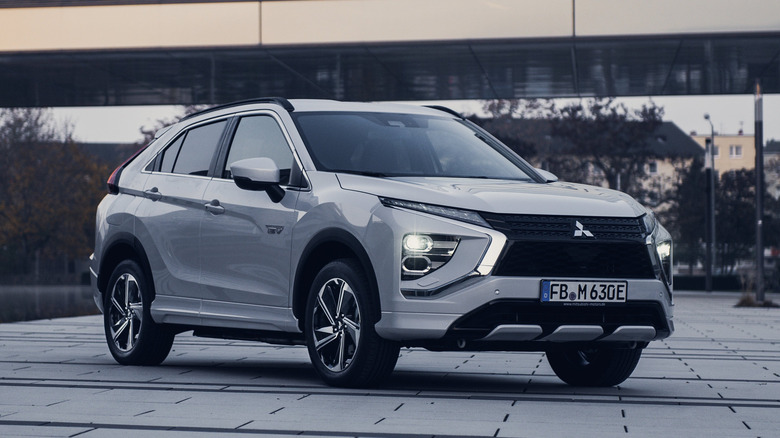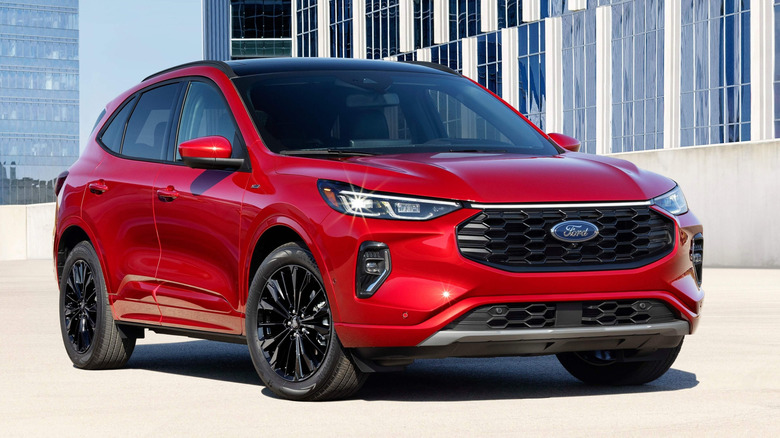New cars are expensive. Like, really expensive. At this point, the average transaction price on a new car is scarily close to the median individual salary in the U.S., which isn’t great. Heck, even if you want the least expensive new car possible, sub-$20,000 cars don’t even exist anymore, so it’s understandable that SUV shoppers might be tempted by options that are cheaper and potentially easier to get at a discount. Unfortunately, especially if you plan to keep your new car for a while, the reality of owning one of those cars can often be so disappointing that it makes you wish you’d spent more up front.
Our friends over at Consumer Reports don’t just test the cars they review, though. They also collect data from actual owners about how reliable their cars are, what they don’t like about them and how satisfied those owners are with their purchases. Based on that data, they recently picked two crossovers that you may regret buying, even if they cost less than some of their competitors. Instead of simply telling you not to buy those SUVs, though, they also recommended an alternative that you’ll probably be much happier with, along with a second option you might not have considered. So, let’s take a look at which SUVs they say not to buy and the alternatives they recommend.
Mitsubishi Eclipse Cross
The Mitsubishi Eclipse Cross may seem like a bargain at first glance, especially with dealers offering them for less than its $28,940 base MSRP, but there are good reasons Consumer Reports‘ owner survey data shows the people who buy the Eclipse Cross aren’t very happy with it. It’s fine, but you can also do better. Even if it means spending a little more money, you’ll probably be much more satisfied with its top-rated small SUV, the Subaru Crosstrek. It’s just an excellent little crossover, with the only real complaint being that it trades power for better fuel economy.
Alternatively, you might want to consider the Hyundai Kona. Like the Crosstrek, it’s a little slow compared to some of its competitors, but the Eclipse Cross isn’t exactly quick, either. The Kona also has a lower base price, and you can always get the more powerful engine if you think the base model is too slow. Plus, if your only experience with the Kona was the previous generation, the redesigned version is a much better car overall.
Ford Escape Hybrid
Like the Eclipse Cross, the Ford Escape Hybrid looks like a better deal on paper than it is in real life. It makes a good first impression and at $33,985 to start is a good bit cheaper than a lot of its better-reviewed competitors, but the long-term quality just isn’t there. Unless you can’t make the higher base price work with your budget, you’ll be much better off going with the far superior Honda CR-V Hybrid. The cabin could probably stand to be a little quieter, but Honda basically nailed everything else. It’s spacious, comfortable, gets great gas mileage and still has controls that are pretty easy to figure out.
Alternatively, there’s always the Mazda CX-50 Hybrid, which might be the best-looking SUV in the segment. Mazda’s focus on sporty handling should make it more fun to drive than other competitors, but it’s still comfortable and also gets great gas mileage. Plus, it has an excellent interior that easily puts the Ford to shame. Even better, Mazda got its hybrid powertrain from Toyota, so in a way, it’s like buying a RAV4 Hybrid without having to deal with the ridiculous demand for the RAV4 Hybrid. And while it’s not the most important factor, it definitely looks better than the RAV4, too.





